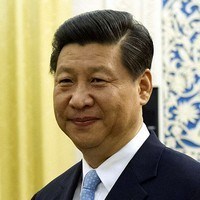In its public rhetoric, the Chinese government has long recognized the need for reforms, but for a number of reasons it has often struggled to implement many of these changes. These include overarching ideological resistance, factional disagreements within the Chinese Communist Party (CCP) and the government, lobbying and disruption from vested interest groups, poor policy implementation and pressure from popular opinion.
Beijing’s list of promised reforms is considerable. From the host of commitments agreed as part of China’s 2001 accession to the World Trade Organization (WTO), to Wen Jiabao’s repeated allusions to political change, to Xi Jinping’s intimations of broad-based reforms from the new government, senior Chinese officials have long professed to recognize the need for substantial change in the country’s economic growth model to ensure greater sustainability and fairness in China’s development.
However, with the arguable exception of Zhu Rongji’s premiership from 1998 to 2003, the pace of actual change has continually disappointed. Many of China’s WTO commitments remain unmet. The Hu Jintao years were marked by unchecked environmental degradation, a sharp increase in income inequality and what many perceive as a regression in terms of political institutionalization. In recent months, a new wave of frustration has emerged due to apparent inaction from the new administration, with hopes of a pronounced move toward constitutionalism and genuine marketization having faded.

